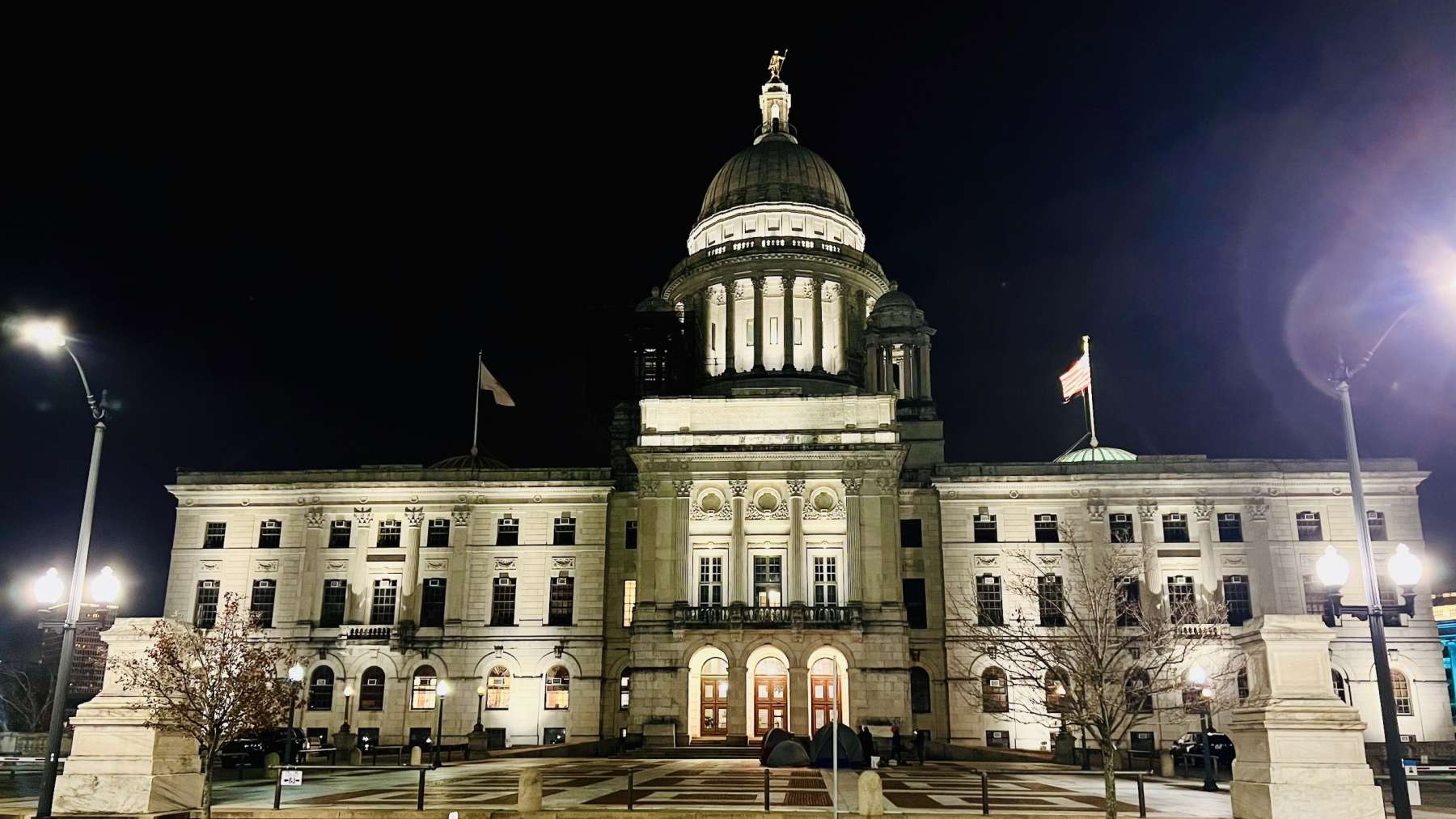Disappointment at the General Assembly: RI Rank Open Government Rankings Published
RI Rank’s annual study of where our legislators land on issues of open government – the important issues of how we choose our leaders and how we access information about our government – yielded disappointing results. Not one legislator was ranked as excellent…
December 6, 2021, 10:22 am
By Steve Ahlquist
A series of good government bills, including some that would have improved the state’s ongoing redistricting process, failed to pass the General Assembly last last session. Other bills, that might have held the police in our state to higher levels of professionalism and oversight, improve access to the polls for voters or improve the public’s access to public records, failed, while a few bills that harm oversight and democracy passed.
See: RI Rank’s 2021 RI General Assembly Open Government Rankings
A robust Democracy is all all about process and transparency. Without access to information our vote is cast blind, and without access to the polls our vote never happens. Further, every person in a functioning democracy has a say in how we ought to be policed. Policing is a contentious issue right now, but I think we all can agree that policing is not something that ought to be thrust upon us – it is something we create around ourselves, and without oversight we have no understanding of the quality of our policing.
Let me take one bill in particular: Senate bill 0671 blocks Rhode Island residents from learning which town their police officers reside in.
Earlier this year UpriseRI reported on Providence Police Officers responding to a public disturbance on Sayles Street. Before the day was over, police officers ended up pepper-spraying children as young as three years old and arresting children and some young adults indiscriminately. (All charges have since been dropped.)
It is suspected, but not known with certainty, that most members of the Providence Police Department do not live in the communities they ostensibly serve. Instead, these police officers commute to Providence from rural communities like Coventry or Smithfield to police communities of color in ways that would be unthinkable in the towns they call home.
In the officer’s home town they are connected and woven into the community – their kids go to the same schools as their neighbors – they may coach youth baseball teams, for instance – they buy goods and services from local businesses. In the towns they live in, are officers as likely to respond with pepper spray and violence? It’s hard to imagine.
This isn’t about the safety of individual officers. We don’t need to know the home address of Officer Smith or Captain Jones. We just need a number: How many officers live in what zip codes, or what percentage of the current force does not live in the city of town they serve. But S0671 blocks “agencies of municipalities and the state from releasing information as to the residency of peace officers regarding public records requests.”
This information, an important data point in determining racial bias in policing, and the effectiveness of community policing, cannot, under the law, be released. It was a bad bill that was supported by conservatives and progressives alike.

RI Rank’s annual study of where our legislators land on issues of open government – the important issues of how we choose our leaders and how we access information about our government – yielded disappointing results. Not one legislator was ranked as excellent. At best, two progressive Senators, Samuel Bell and Tiara Mack from Providence, both scored “OK.” The rest the Senate scored poorly.
In the House, Representative David Place of Burrillville took the top spot, with Representatives Serpa, Roberts, Kislak, Ranglin-Vassell, Constantino, Hawkins, Alzate and Henries trailing behind. Those in the top spots still ranked “OK” while the rest of the House scored poorly.
The mix of conservative Republicans (Place, Roberts, Hawkins) conservative Democrats (Serpa, Constantino) and Progressives (Kislak, Ranglin-Vassell, Alzate and Henries) at the top of the House rankings shows that when it comes to process and transparency, there is wide bi-partisan interest. There is a place here to come together and do important work around open government and democracy.
The first steps towards a truly informed and empowered electorate is opening the government up to public scrutiny. Democracy may die in darkness, but it flourishes in the light.






